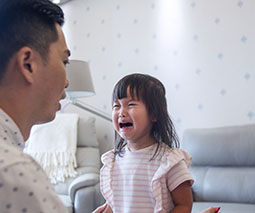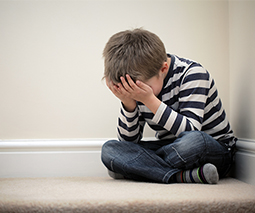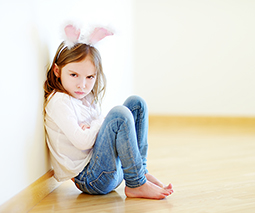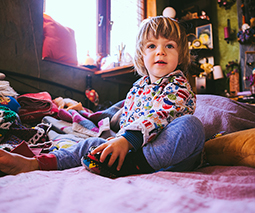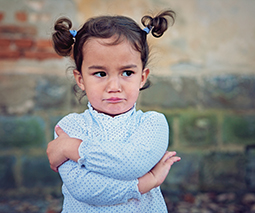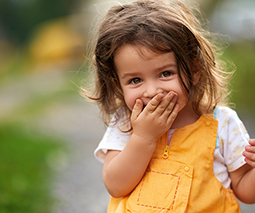Choice language: What to do if you have a sweary toddler
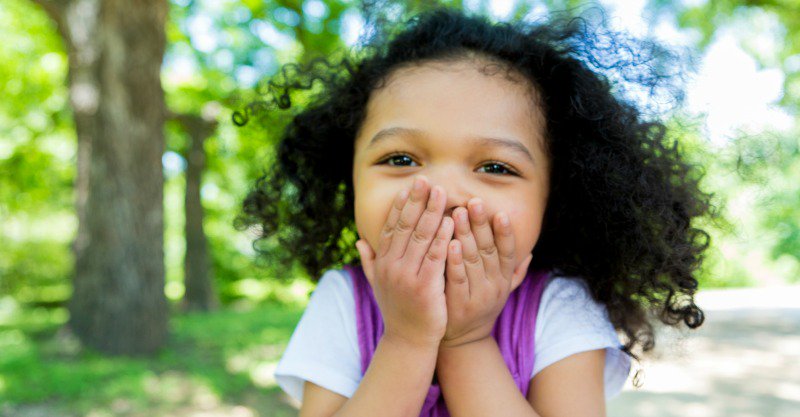
I’ll never forget the time one of my twins tried out his first swear word. The two of them were side-by-side on the couch, staring out the window at a lady getting out of her car with her children.
How cute are my kids, I thought to myself, looking at their little heads, faces pressed against the flyscreen. And then I heard it.
“Fuck off,” one of my darling boys called out to the lady on the street.
I gasped loudly, horrified. My husband and I weren’t perfect when it came to watching our language, but we’d always tried our best to keep swearing well out of the kids listening range, and I hated the idea of my kids using swear words. Especially towards strangers on the street.
I hurriedly pulled him away from the window and shut the blind, hoping the poor lady didn’t hear him. And before this little lad started picking up more bad habits to show off, I decided it was time to research a little more about it, so we knew what we were dealing with.
Have you got a sweary toddler at your place? A little person who’s trying out some new words, maybe to see what sort of reaction he can get? Here is what you need to know about sweary toddlers.
They’re exploring language
Toddlers are busily trying out new words and phrases that they’ve picked up, and like it or not, one of these might be a cuss word someday – despite your most valiant efforts to use pristine language around them.
Your toddler is exposed to so many different environments, including those with other children. Chances are, somewhere along the way they’ve heard a new word and decided to test it out in front of you.
Read more about cheeky toddler behaviour:
- 7 unbearable stages of your toddler on a sugar high
- What to do when your toddler’s favourite word is “No!”
- Upset mum reveals toddler’s awful behaviour. Other mums chime in to help
Some words just don’t come out right
Keep in mind, that while your toddler is practicing his sounds, some words might come out sounding a little suspicious. Words like ‘truck’ could sound like … well, you know. It’s perfectly normal for swear words to accidentally slip out like this, but try not to get too distressed as your toddler is unlikely to understand what he’s saying.
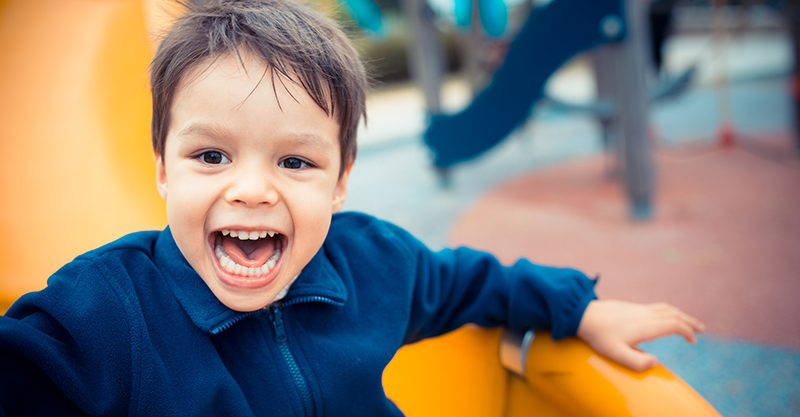
Looking for a reaction
Toddlers love a bit of attention from mum and dad, and if saying a naughty or funny word makes mum and dad go all red-faced and shouty, then they will probably do it again and again. Attention is attention after all.
Laughing at your toddler’s swearing (and I get that it can be a funny situation) is rewarding the swearing with attention, so try to stifle any giggles until you’re in another room.
Whatever you do, don’t react
The expert advice when it comes to dealing with a sweary toddler is to avoid giving the bad language any attention whatsoever. This means not making any sort of fuss about the swearing, even if you feel angry and upset about it. If your toddler realises he’ll get no attention for his choice language, he’s more likely to forget about trying it out again.
If it continues …
If your toddler continues to swear, you can try chatting with them about appropriate language. He might not understand the nature of the words he’s using, but he can likely grasp the concept that some words are hurtful to others and shouldn’t be used.
If your toddler swears out of frustration or anger, you can let him know that it’s okay to feel these things, but the words are not okay, and perhaps offer some alternatives to help him express and process these big feelings.
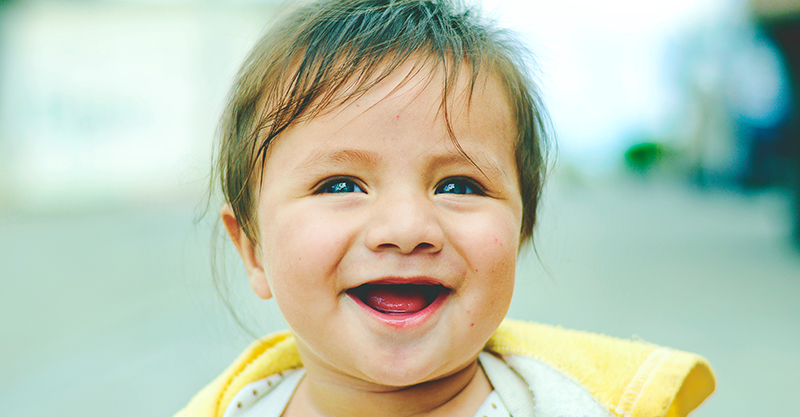
Don’t forget to role model
If you’re guilty of the odd swear word here and there, it’s probably time to pack this habit in, if you want your toddler’s language to improve too. Young children operate on a monkey-see-monkey-do approach, and even if you only swear once in a blue moon, there’s every chance your child will catch you in the act – and run with the new word they’ve just learnt.
Acknowledge positive language
If you catch your child using nicer words and dealing with their anger in a more positive way, just as you discussed, don’t forget to acknowledge this positive behaviour and praise their efforts. This positive reinforcement will let your child know that you approve of their behaviour and they’ll be more likely to show you their good side again.
